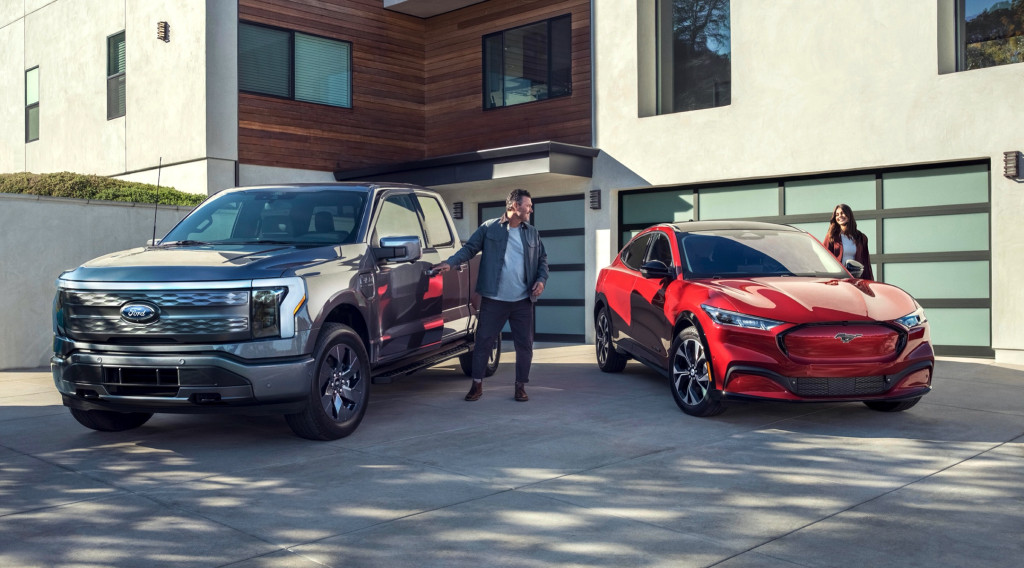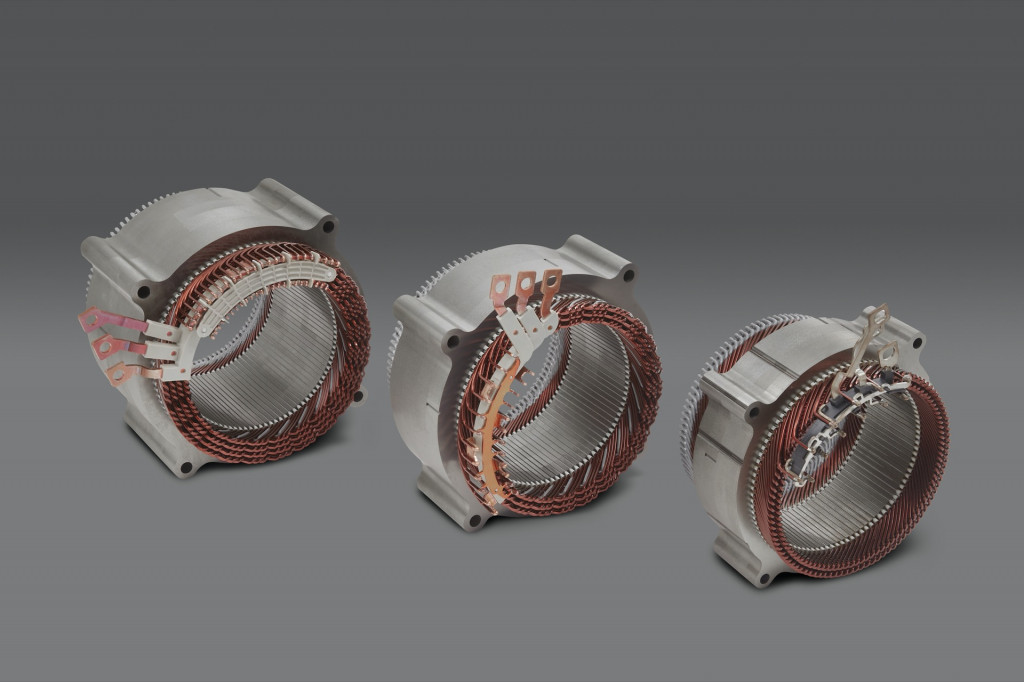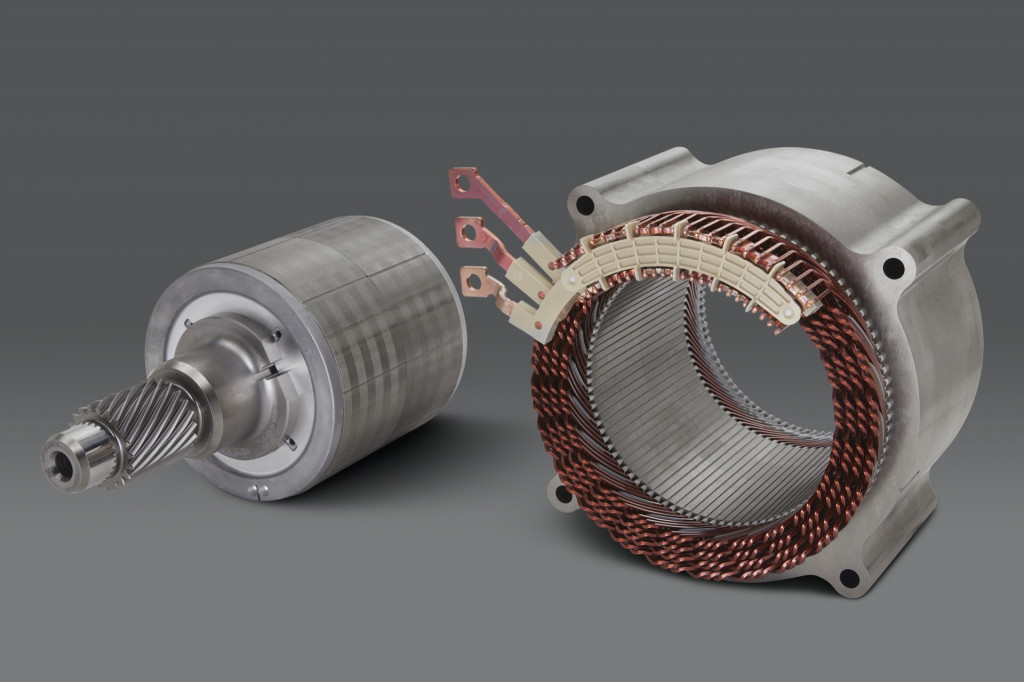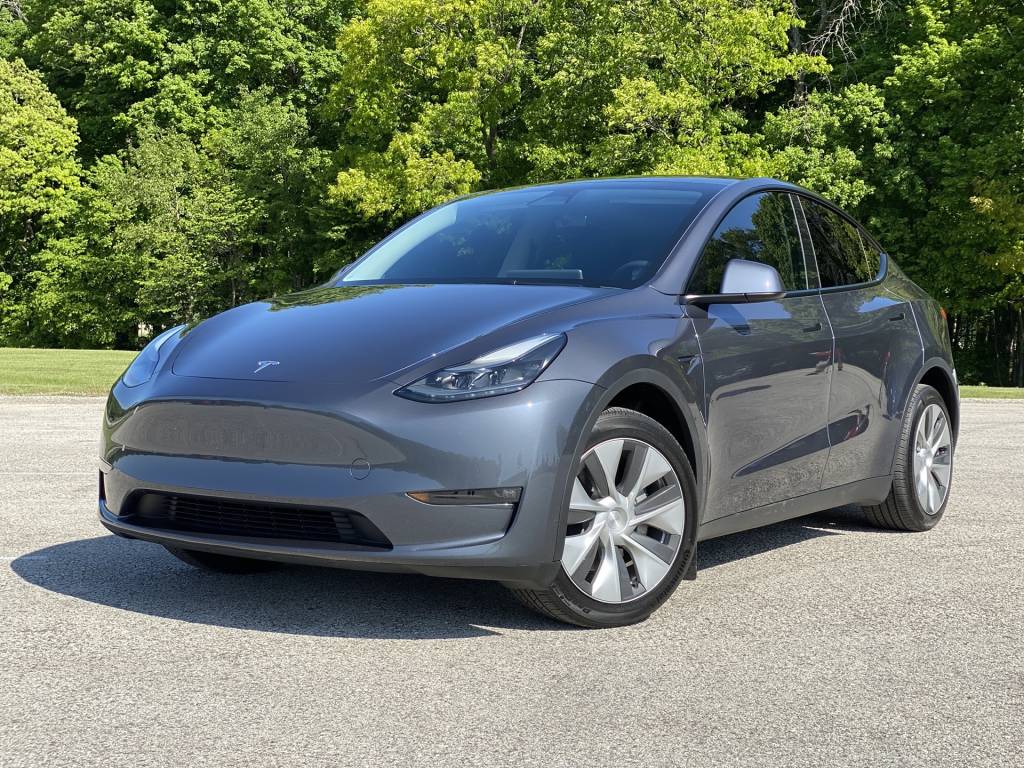For a time early in 2024, the Chevy Bolt EV may be the only EV from GM qualifying for the full EV tax credit.
Yes, that’s a model now out of production and set to be increasingly difficult to find at dealerships in 2024.
GM did say that the Chevrolet Blazer EV and Cadillac Lyriq are due to regain tax-credit eligibility in early 2024.
"After reviewing Treasury's long-awaited proposed guidance, we believe the Cadillac Lyriq and Chevrolet Blazer EV will temporarily lose eligibility for the clean vehicle credit on Jan. 1, 2024 because of two minor components," stated GM to Green Car Reports. "While we await final rules, GM has pulled ahead sourcing plans for qualifying components in early 2024 and will advocate for our dealers and customers who purchase vehicles built ahead of the new guidance."
For now the issue might be related directly to cell separators and electrolytes in the company's joint-venture Ultium battery cells, which are themselves made in the U.S. GM added that it expects the Chevy Equinox EV, Chevrolet Silverado EV, GMC Sierra EV, and Cadillac Lyriq made after the sourcing change to be eligible for the full incentive.

Ford Mustang Mach-E, F-150 Lightning getting CATL LFP batteries
Additionally, Ford confirmed to Green Car Reports that its E-Transit and Mustang Mach-E, currently both eligible for $3,750, will lose the credit completely. The Ford F-150 Lightning and Lincoln Corsair Grand Touring will keep their credit amounts of $7,500 and $3,750 respectively.
Why are some EV credits falling to the wayside? Simply put, as sourcing requirements become more granular, qualifying gets far more complicated in a globalized auto industry.

Motor family for GM Ultium-based EVs
There may be other logistical and sourcing hurdles in the year ahead. For instance, with the Blazer EV, GM assembles the drive units in the same Ramos Arizpe, Mexico, complex that builds the Blazer EV itself. GM designed and engineered its Ultium motors in-house, but the permanent-magnet motor used throughout the Blazer EV lineup is made by South Korea’s LG at plants in China and Mexico.
At GM's recent media event for the Blazer EV, GM assistant chief engineer Patrick Lencioni, who oversees the motor suite that's set to go into a number of its Ultium EVs, explained to Green Car Reports that it’s strategically working with LG in that case “to shift the footprint as needed,” depending on the sourcing rule.

Motor family for GM Ultium-based EVs
Starting Jan. 1, the Treasury Department extends the foreign content limitation to other “low-value” components.
It’s the latest peg already installed as part of the Inflation Reduction Act championed by the Biden administration. The EV tax credit got a complete revamp last year into the Clean Vehicle Tax Credit, retaining its $7,500 maximum amount, and plug-in hybrids retained eligibility with a minimum battery capacity. But with household-income and vehicle MSRP ceilings applied, vehicles need to be assembled in the U.S., Mexico, or Canada, and as the years progress, and the content of the components within EVs has to be sourced less from outside preferred U.S. trade partners.
Earlier this month the Department of Energy made that a clearer step with stricter-than-expected sourcing rules, including “foreign entity of concern” language that excludes EV content from China, Russia, Iran, and North Korea in manufacturing and assembly or battery components. That will also extend out to mining, processing, and recycling of critical minerals in 2025. The late release gave automakers an extremely short time to react to the tighter calendar-year-2024 rules.

2023 Tesla Model Y
GM and Ford aren’t the only ones expecting to lose tax-credit eligibility. Tesla earlier this month disclosed that the Model 3 Rear-Wheel Drive and Long Range models won’t qualify for the credit after Dec. 31, while just last week it suggested that some versions of the Tesla Model Y “likely” won’t retain the full tax credit amount.
There’s still room though for automakers to access a different credit intended for commercial vehicles that serves as a loophole for EV leasing—providing up to $7,500 off the overall cost of the lease, regardless of price caps or content requirements.
Also, starting in 2024, the tax credit will become an instant dealership rebate, with dealerships capable of tapping into it at the point of sale, helping some families to reduce the financed cost of new vehicles. It’s still up to households to assure their eligibility, though.
UPDATED to include a response and greater detail from GM.













